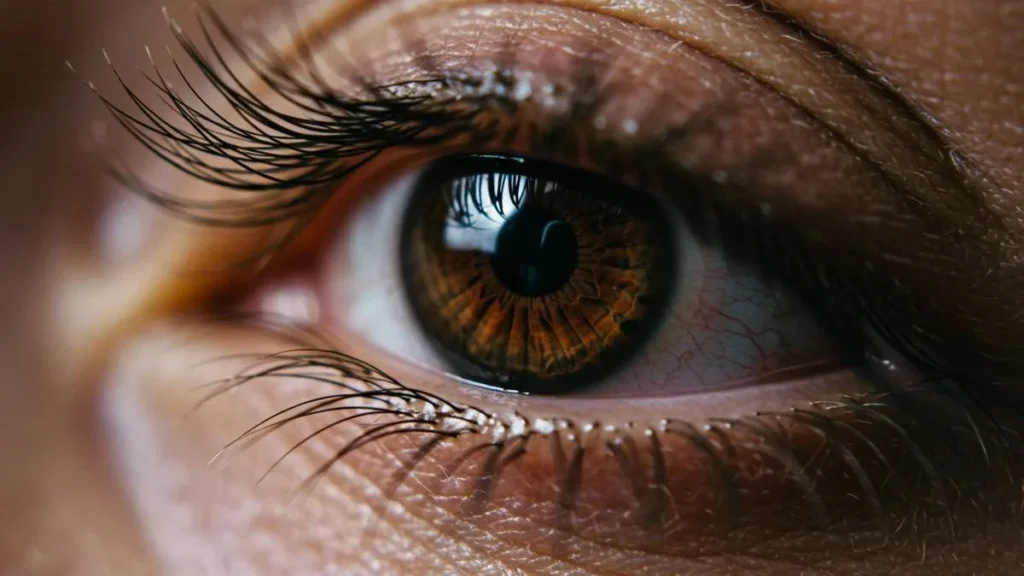Twitching in one eye, known as myokymia, is often bothersome and repetitive, and although rarely serious, can be related to various health and lifestyle factors.
A twitching eye doesn’t always mean a serious problem, but it can be a sign that your body is under stress, fatigue, or even a lack of nutrients. This list will help you learn the main causes behind this symptom and what you can do to manage it.
Accumulated stress
Nervousness or emotional tension can trigger small spasms in the eyelid muscles. This is a common body reaction to excessive anxiety or pressure. Reducing stress through rest, breathing, or physical activity helps reduce it.
Lack of sleep
Poor or inadequate sleep disrupts the balance of the nervous system and causes the eye muscles to contract involuntarily. A good night’s rest is often the most effective solution.
Excess caffeine
Consuming too much coffee, tea, or energy drinks overstimulates the nerves and can trigger eyelid twitching. Reducing caffeine intake usually controls this symptom within a few days.
Dry eyes
When the eyes aren’t well lubricated, constant blinking to compensate for dryness can cause spasms. This is common in people who use computers or cell phones a lot.
Excessive use of screens
Spending hours in front of digital devices causes eye fatigue and continuous strain on the eye muscles. Taking breaks and applying the 20-20-20 rule (resting every 20 minutes by staring at a distance of 6 meters for 20 seconds) helps prevent this.
Lack of nutrients
Magnesium, potassium, or vitamin B12 deficiencies affect the nervous and muscular systems, causing slight eye twitching. A balanced diet can make all the difference.
Rare medical conditions
In rare cases, persistent eye twitching may be associated with neurological problems or nerve disorders. If the symptom persists and does not improve with rest or lifestyle changes, it is advisable to consult a specialist.

